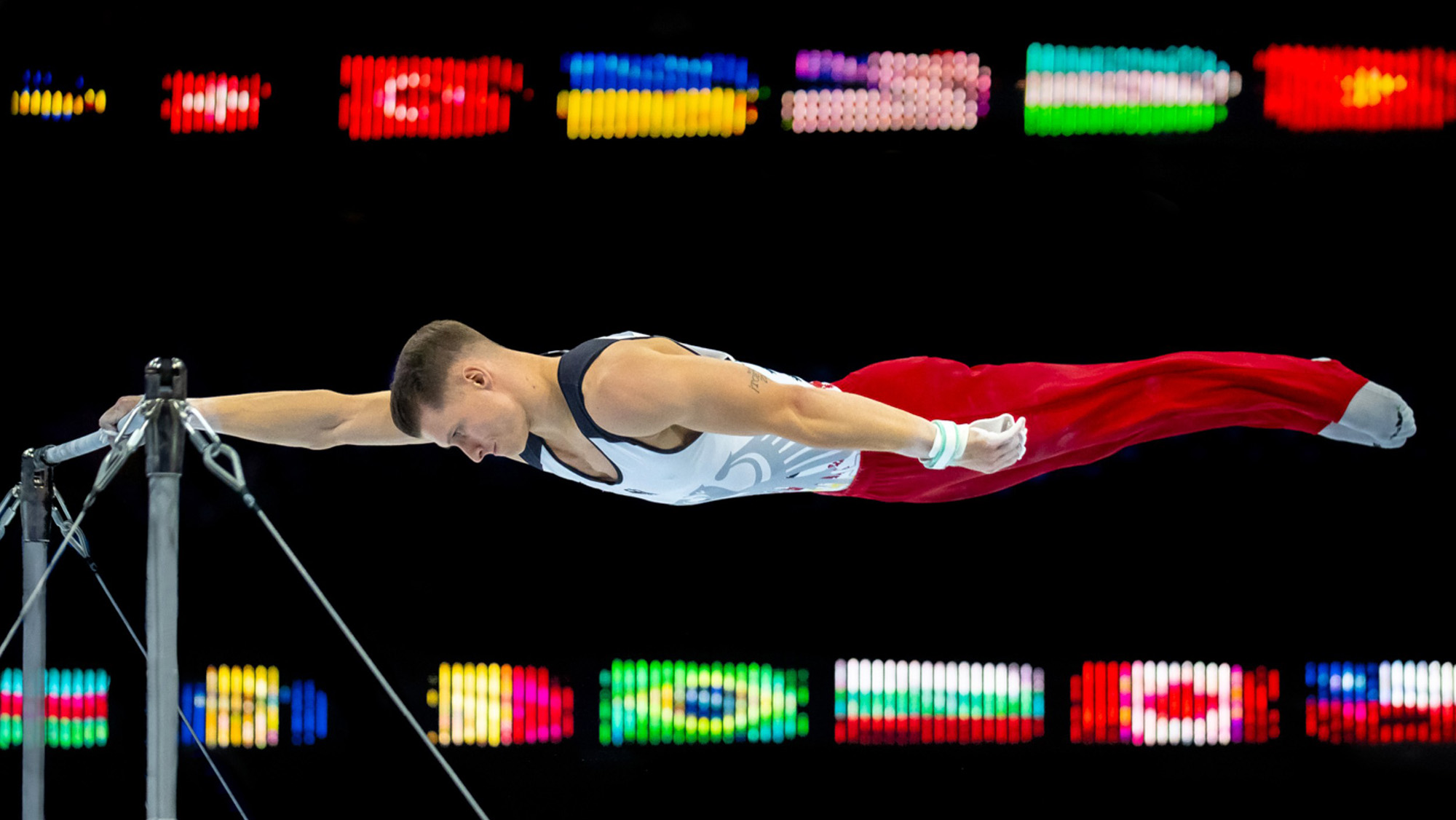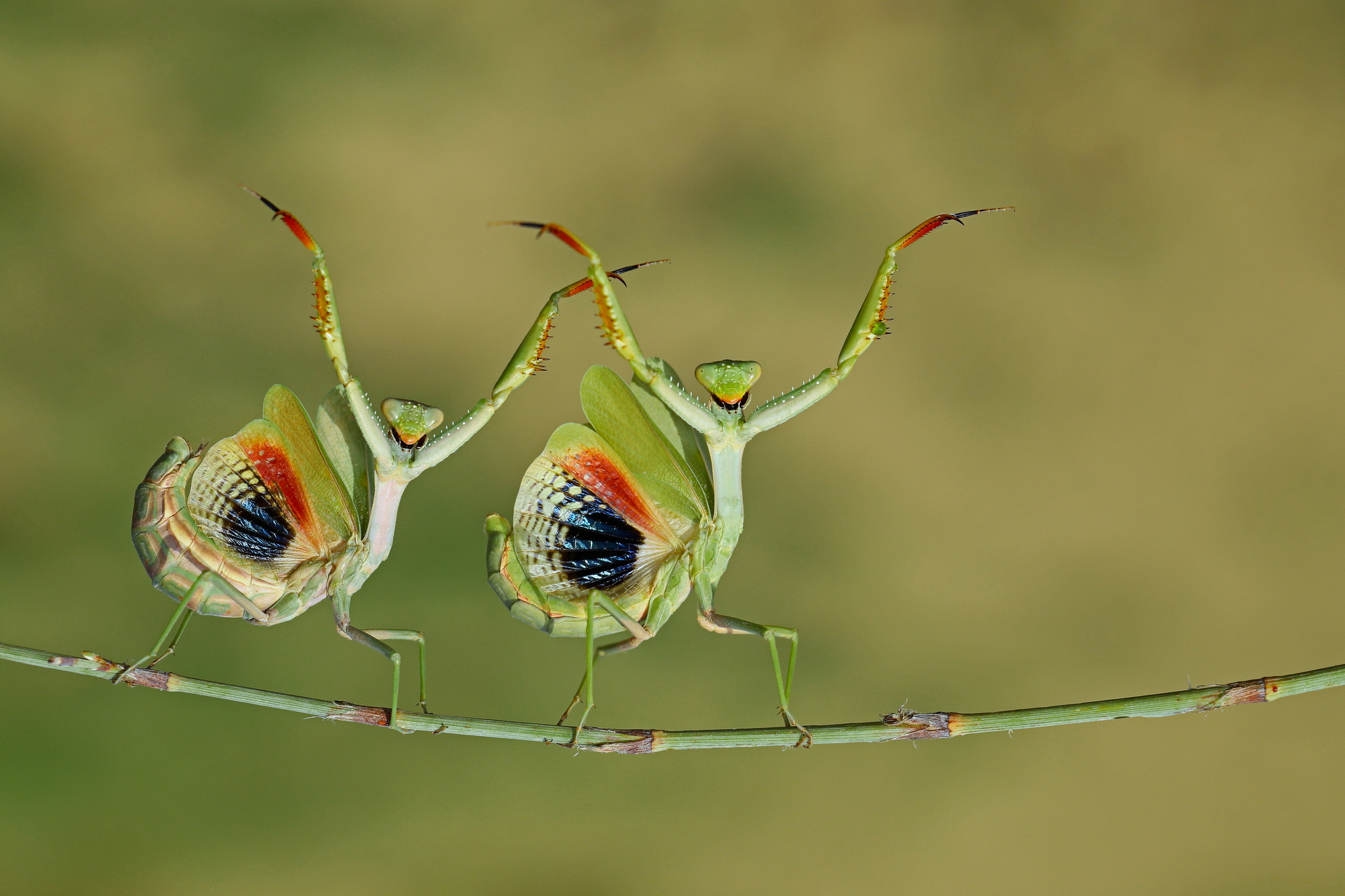Want to be a better photographer? You should start entering competitions
Forget winning. The real reason to enter a photography competition is to sharpen your photographic skills

The best camera deals, reviews, product advice, and unmissable photography news, direct to your inbox!
You are now subscribed
Your newsletter sign-up was successful
The folks at CEWE have just announced the category winners of the company’s mammoth bi-annual photography competition, the CEWE Photo Award, and it’s got me thinking about how photo competitions can be a great way to develop your skills as a photographer.
Photo contests are hugely popular: over 650,000 images were entered into the CEWE Photo Award 2025 across 10 categories, making it the biggest photo competition in the world. What I like about this particular competition is that it has a charitable partnership with SOS Children’s Villages International, and it’s open to anyone. Including you!
There is a wealth of photo competitions to choose from, whether it’s a local camera club comp or a global award, it doesn’t matter, just put your photography out there. Perhaps you’re thinking, but Mike: “I’m not very competitive.” Or perhaps, “I’m competitive to the point that it stresses me out!” Maybe you question how artistic expression could possibly be judged. And some of you might not even care about accolades. These are all very legitimate reasons to avoid photography competitions, but what about the reasons to enter them?
Photography competitions have rules, themes, categories, and deadlines. These constraints force you to take a more considered approach to your photography. Instead of simply snapping photos on a day out, themes and categories encourage you to consider elements such as your location, subject, lighting, and the weather. You’re essentially forced to plan shoots, which is what very often separates good photographers from great photographers. Deadlines create a sense of accountability. You have a tangible goal, which is very useful if you often find yourself putting off photo shoots or never committing to them at all.

When you enter a competition, you’re putting your work out there to be judged. Naturally, you’ll want to ensure your very best work is submitted, which may encourage you to seek out better locations and subjects, plan for better conditions, and spend that little extra time to perfect your shots (be it out in the field or in the editing room).
There’s an aspirational aspect to photography competitions, too. A particular category might prompt you to try out something new. And even if you don’t win, you’ll expose yourself to more photography, which may inform your own creative decisions. Similarly, some competitions boast thriving communities where entrants interact with each other. This is common on the club circuit or weekly/monthly competitions held on social media. In these instances, you may find your images are subjected to praise and constructive critiques from your fellow entrants, which can prove confidence-boosting and educational.
Finally, some competitions have some pretty darn good prizes. CEWE Photo Award 2025 boasted a combined prize kitty of €250,000 (roughly $291K / £216K / AU$522K), with both photo equipment and CEWE vouchers up for grabs, as well as a €10,000 trip for the overall winner (yet to be announced).
The best camera deals, reviews, product advice, and unmissable photography news, direct to your inbox!
Nobody has to enter a photo competition if they don’t want to, but I wanted to put this article together in the hope I could encourage a few readers who’d perhaps never considered it an option to pick up their camera and give it a go. I really think that anyone who spends a year entering competitions cannot fail to improve as a photographer, and that really is the worst-case scenario. The best? Well, you might just win.
You might also like...
Want my top tip for achieving success in photography competitions? Don't overthink it. Perhaps you want to brush up on your photography skills in general. If so, here are my landscape photography tips. Finally, if you're thinking of upgrading your kit, these are the best mirrorless cameras.

Mike studied photography at college, honing his Adobe Photoshop skills and learning to work in the studio and darkroom. After a few years writing for various publications, he headed to the ‘Big Smoke’ to work on Wex Photo Video’s award-winning content team, before transitioning back to print as Technique Editor (later Deputy Editor) on N-Photo: The Nikon Magazine.
With bylines in Digital Camera, PhotoPlus: The Canon Magazine, Practical Photography, Digital Photographer, iMore, and TechRadar, he’s a fountain of photography and consumer tech knowledge, making him a top tutor for techniques on cameras, lenses, tripods, filters, and more. His expertise extends to everything from portraits and landscapes to abstracts and architecture to wildlife and, yes, fast things going around race tracks...
You must confirm your public display name before commenting
Please logout and then login again, you will then be prompted to enter your display name.
